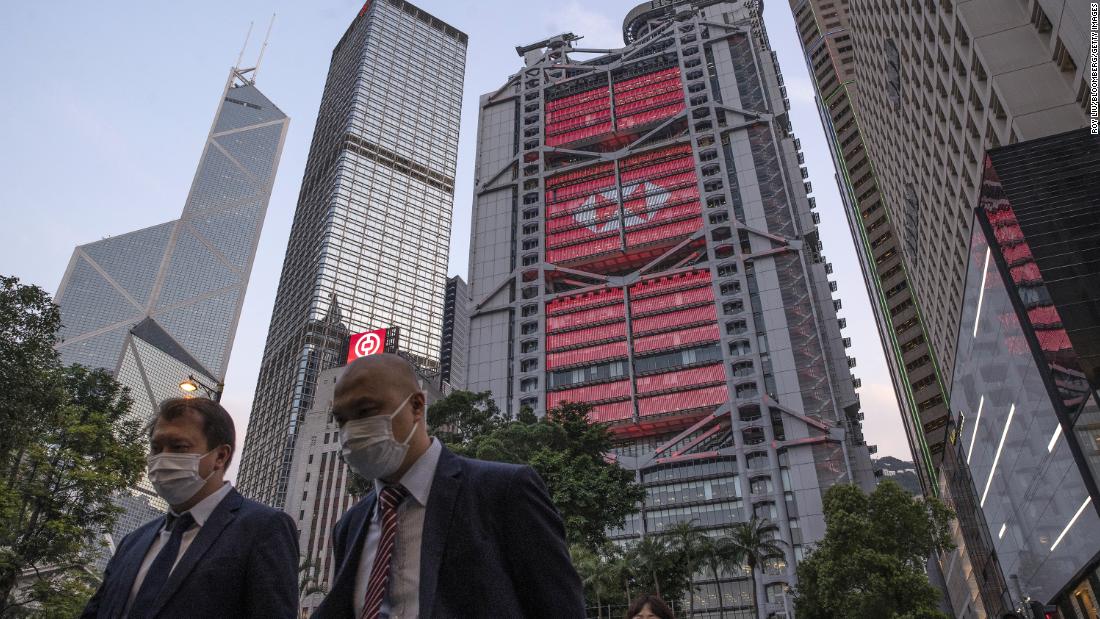The authors interviewed nearly 350 senior risk professionals from large companies around the world. According to the report, released on Tuesday, two thirds of respondents listed a protracted global recession as the “most worrying” risk for their companies. The authors of the report it also reported an increase in inequality, a weakening of climate commitments and the improper use of technology as risks resulting from the Covid-19 pandemic.
The survey was conducted in the first two weeks of April.
Politicians around the world are now trying to drag their economies out of coronavirus-induced collapses, reopening businesses, schools and transportation, while limiting the risk of a second wave of infections that could force further arrests.
“Covid-19 has reduced economic activity, requested trillions of dollars in response packages and is likely to cause structural changes in the global economy in the future, as countries plan for recovery and revitalization,” said the authors of the WEF report.
“A build-up of debt will likely burden public budgets and corporate balances for many years … emerging economies are at risk of plunging into a deeper crisis, while businesses may face increasingly unfavorable consumption, production and competition patterns” , they added, pointing to the concerns of executives of widespread bankruptcies and industry consolidation.
The IMF predicts that public debt in developed economies will increase to 122% of GDP this year from 105% in 2019. A weakening of fiscal positions in major economies was a concern for 40% of executives surveyed, with authors of the report who suggest that today’s spending could lead to a new era of austerity or tax hikes.
When asked about their main concerns about the world, respondents mentioned high levels of structural unemployment, particularly among young people, and another global Covid-19 outbreak or a different infectious disease.
“The pandemic will have long-term effects, as high unemployment affects consumer confidence, inequality and well-being and calls into question the effectiveness of social protection systems,” said Peter Giger, Chief Risk Officer of Zurich.
“With significant pressure on employment and education – over 1.6 billion students lost schooling during the pandemic – we are facing the risk of another lost generation. The decisions made now will determine how these risks or opportunities will run out, “he added.
While the solidarity created by the coronavirus pandemic offers the possibility of “building more cohesive, inclusive and fair societies”, according to the authors of the report, social instability resulting from greater inequality and unemployment is an emerging risk for global economies.
“The increase in remote work for highly skilled workers will likely create further imbalances in the job market and a growing reward for those with more mobile skills,” they said.
The report also notes that progress on environmental commitments could stall. While new work practices and travel attitudes may make it easier to ensure a reduction in carbon, “the omission of sustainability criteria in recovery efforts or the return to a global emission-intensive economy” risks to hinder the transition to cleaner energy, the authors said.

Coffee enthusiast. Travel scholar. Infuriatingly humble zombie fanatic. Thinker. Professional twitter evangelist.








